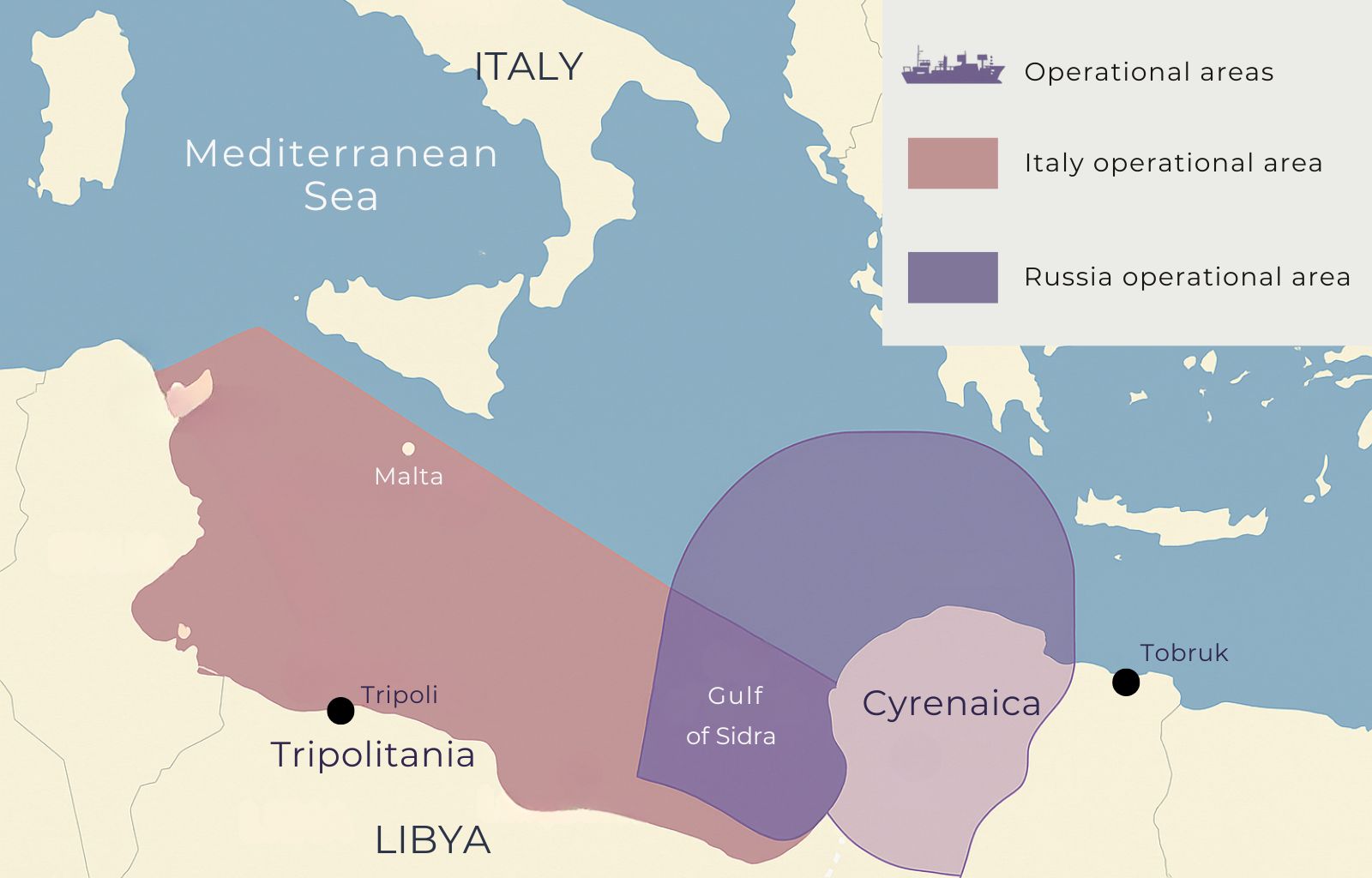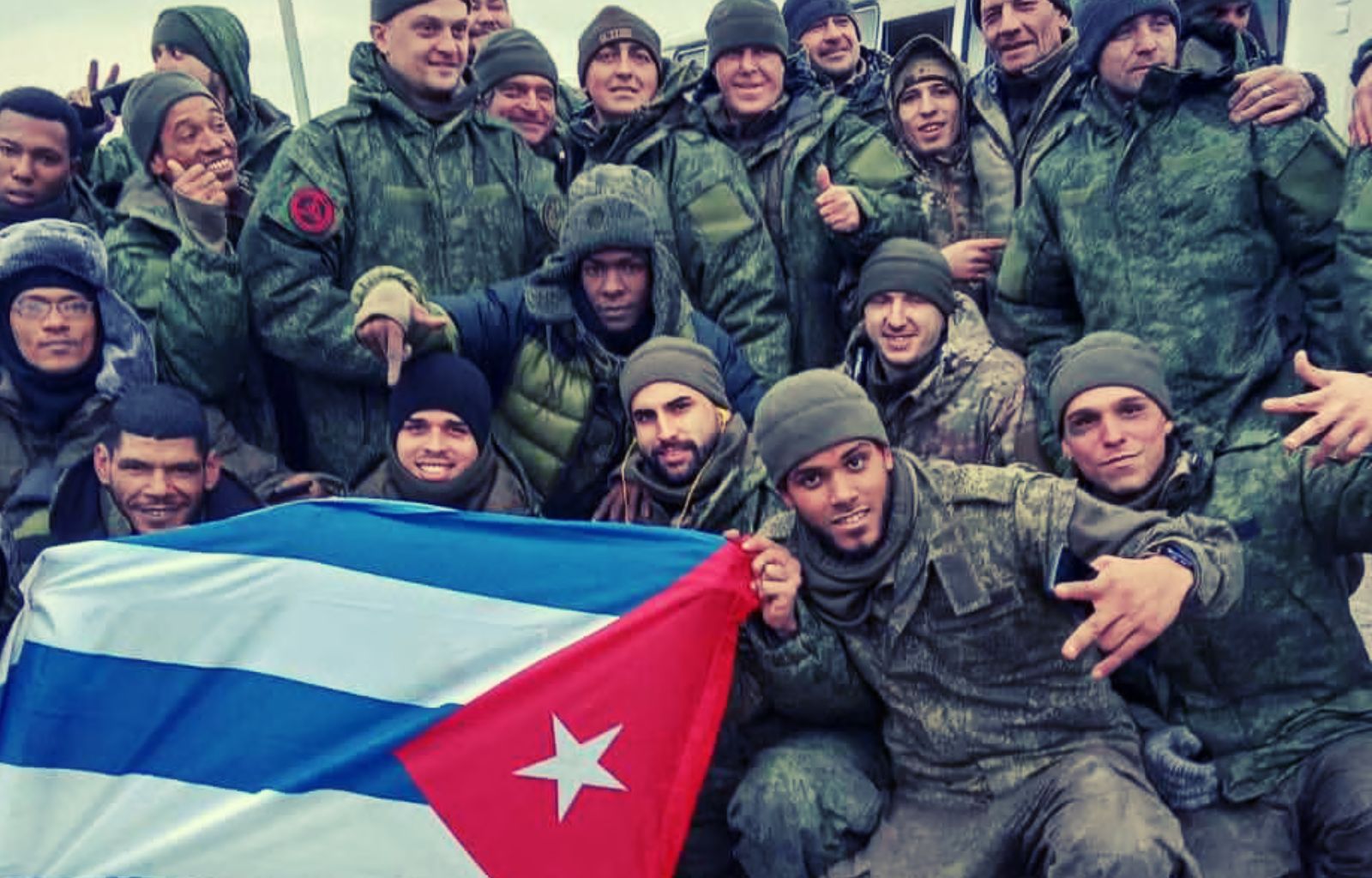The Russian navy spies on Italy: the invisible war off the coast of Libya

“Almost always our ships off Libya are followed by a Russian spy ship, often disguised as a fishing boat, but loaded with sensors and antennas“. With this statement issued to Corriere della Sera, Admiral Enrico Credendino, Chief of Staff of the Navy, turned the spotlight on a silent war that is fought every day in the heart of the central Mediterranean.

It is an electronic confrontation, made up of eavesdropping, camouflage and intimidation manoeuvres, where the objective is not direct confrontation, but the control of information, access to sensitive data and technological supremacy.
Spy ships disguised as fishing boats
According to Credendino’s reports on several public occasions, Italian ships on a mission off the Libyan coast are systematically shadowed by Russian vessels, often flying civilian flags and disguised as harmless fishing boats. On board, however, there are no fishing nets, but sensor arrays, passive radar, SIGINT and ELINT interception systems, instruments for picking up radio communications and radar signals.
‘They are spy ships to all intents and purposes, but operated in an ambiguous manner, bordering on international law,’ the admiral stressed. In a stretch of sea that is formally international, but with a high Italian operational density, Moscow conducts a continuous monitoring strategy, gathering information on the routes, composition, communications and behaviour of NATO forces.
Why just off the coast of Libya?
Libya, fragmented and unstable, has been a crucial geopolitical and military hub for years. Italy has a strong presence in the area, with bilateral missions to support the Libyan Coast Guard,Operation Mare Sicuro, and participation in the EU’s Irini mission to monitor the arms embargo. The Italian military presence is therefore continuous and highly visible.
Russia, for its part, has strengthened its outpost in Cyrenaica in recent years, supporting General Khalifa Haftar, including through contractors linked to the Wagner group and providing advanced military technology. Some naval and air bases in eastern Libya are now reportedly under Russian operational control or otherwise accessible to Moscow, which also uses civilian naval assets for espionage and deterrence operations.
The central Mediterranean has thus become a daily zone of friction, where Italian operations are constantly monitored, recorded, analysed – and potentially disrupted – by disguised Russian units.
A confrontation that is no longer merely symbolic
The ‘hybrid warfare’ strategy adopted by Moscow does not only concern Ukraine or the Black Sea. Even in the Mediterranean, Russian forces use indirect pressure instruments, such as naval intelligence, disinformation and energy positioning, to influence the balance.
Within this framework, the Italian navy finds itself operating in a hostile environment, constantly under surveillance, where any mistake could be exploited for propaganda purposes or future actions. Spy ships’ are no longer an exceptional element: they have become a structural part of the operational landscape, a sign of the normalisation of hostility in our seas.
How does Italy respond?
Admiral Credendino flagged the issue in a public way not to generate alarm, but to stimulate greater political awareness. At a time when there is increasing talk of European defence, strategic autonomy and hybrid threats, the central Mediterranean cannot be neglected. The presence of Russian spy ships is only a symptom: the risk is that of a progressive deterioration of maritime security and the operational edge of Italian and European forces.
The Italian Navy has the tools to identify, monitor and passively counter these activities, but the fact remains that international maritime law allows for a large grey area where states can act ‘legally’ in hostile ways. What is needed, therefore, is a political as well as a technical response that strengthens Italy’s and Europe’s ability to protect its routes, assets and interests.
The illusion of not considering Russia hostile
What was that story about Russia not being our enemy? The question, posed with bitter irony by journalist Marco Fattorini, resonates today more topical than ever. Maritime espionage activities, interference in our theatres of operations and the silent but constant tug-of-war in the Mediterranean tell of a reality that goes far beyond diplomatic declarations. Russia does not need to fire a shot to undermine our security: it only needs to observe, to record, to insinuate itself between the meshes of our strategic presence. And in this chess game, every ‘fishing boat’ that follows us is not a detail, but a calculated move. Stopping pretending that this is not the case is the first step to truly defending national and European interests.













